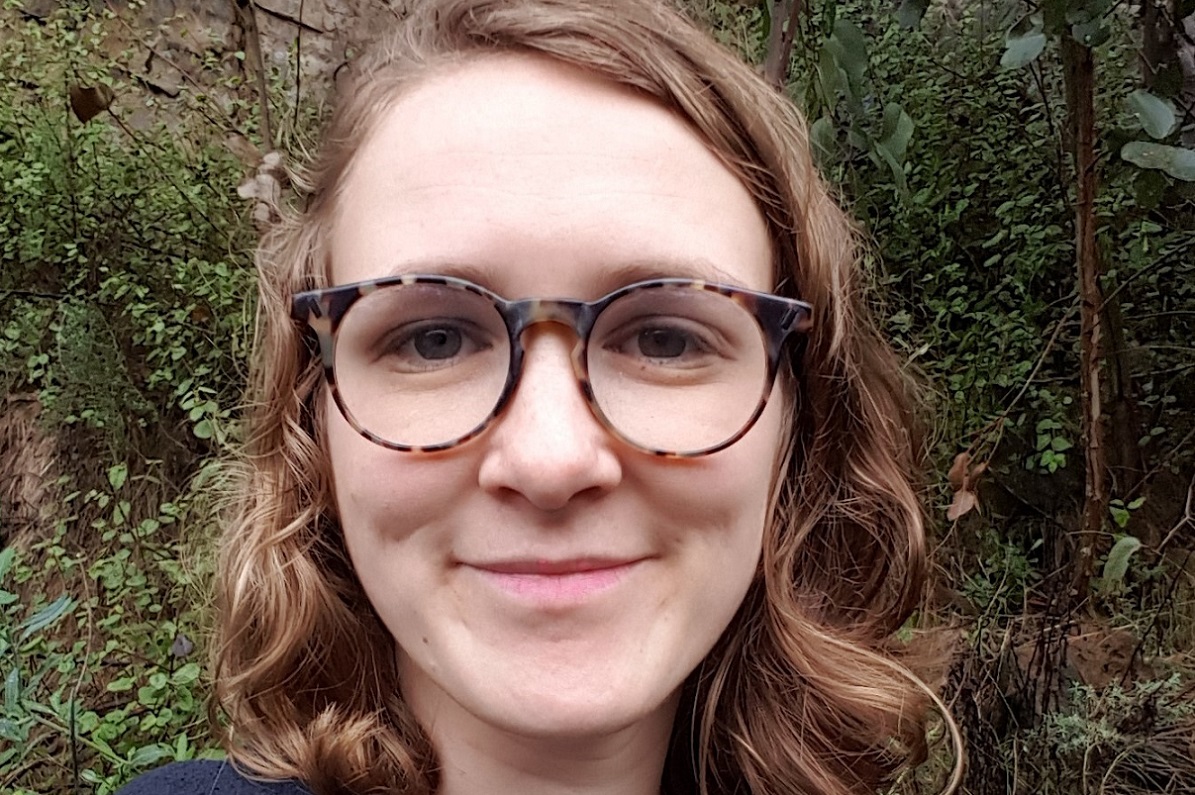
We sat down with PhD candidate Jessica Young, whose research aims to help people with dementia to be more involved in making decisions about their care and welfare.
What made you decide to work in the research field?
In my final year of study to become a Speech Pathologist, I did an honours (research) project looking at how to help people living with dementia in their social interaction. I looked at the fine-grained detail of interaction – how people maintain ongoing mutual understanding in the face of significant cognitive and linguistic challenges. It was fascinating. I soon realised that research was my passion, and where I felt my skills could make the greatest positive impact.
What is your current research about?
I look at how people with dementia are involved in decision-making about their own care. I am currently focusing on housing decisions, such as moving from living at home to living in residential long-term care. It’s a critical moment in the care trajectory.
I’m really inspired by activists and advocates with dementia, such as Kate Swaffer, Wendy Mitchell and Christine Bryden, who encourage us to consider different ways of thinking about dementia – to look at dementia from a human rights perspective, framing dementia as a disability, and consider the potential for living well with dementia. I listen to those voices and adopt those perspectives in my research.
How will it benefit the wider community?
I aim to improve the everyday life of people with dementia and their families, through challenging common negative assumptions about dementia. I challenge the attitudes and behaviours that marginalise and exclude people with dementia from engaging fully in our communities.
What has been your proudest moment as a researcher?
Being invited to contribute to the World Alzheimer Report 2019 was the first moment in my research career when I realised that my work potentially could have worldwide impact.
What has been your most challenging moment as a researcher?
Rejection is common in the life of a researcher. Publishers reject manuscripts for publication, ethics boards reject proposals for new projects, and funding bodies reject grant applications. As a novice researcher, it can be quite disheartening, especially when you are so passionate, but rejection does make eventual success so much sweeter.
What does a normal day look like for you?
I work from home, which can be quite isolating, so I attend a lot of video meetings. My work can involve admin, reading, writing, editing, transcribing or analysing, and every day is different. A big part of my work is engaging and collaborating with people who have dementia, and other dementia researchers.
If there is one piece of advice you could impart on future researchers and university students, what would it be?
Be open to challenging your perspectives, delight in the pursuit of knowledge and truth, and ensure you surround yourself with people who inspire and motivate you.

